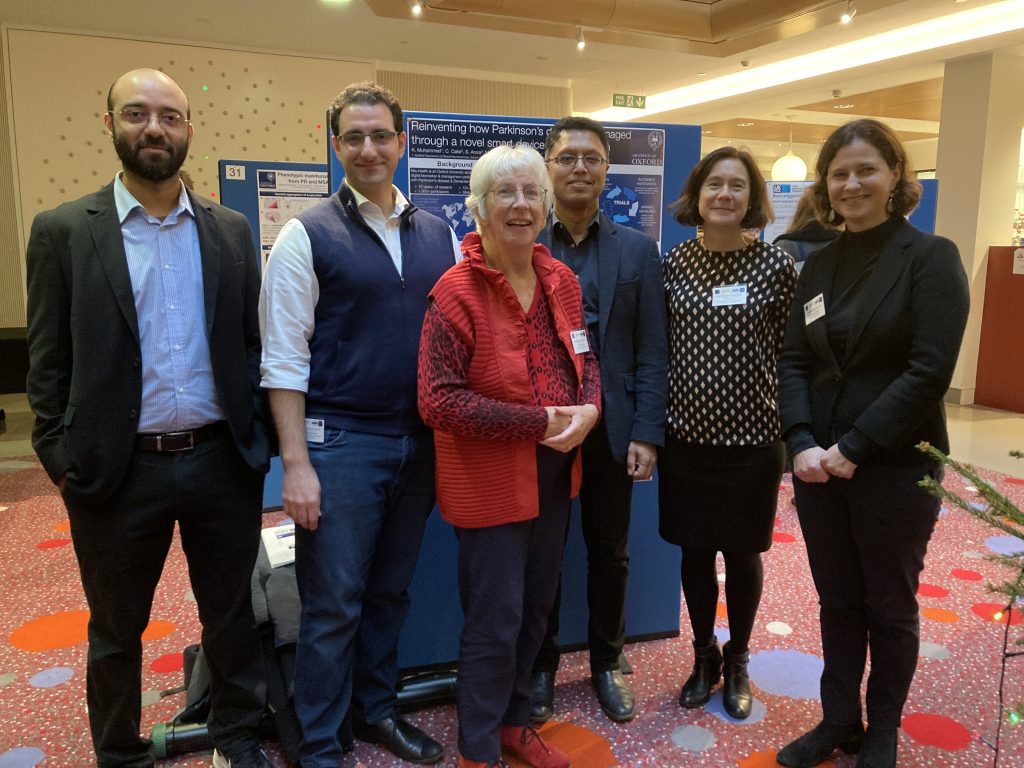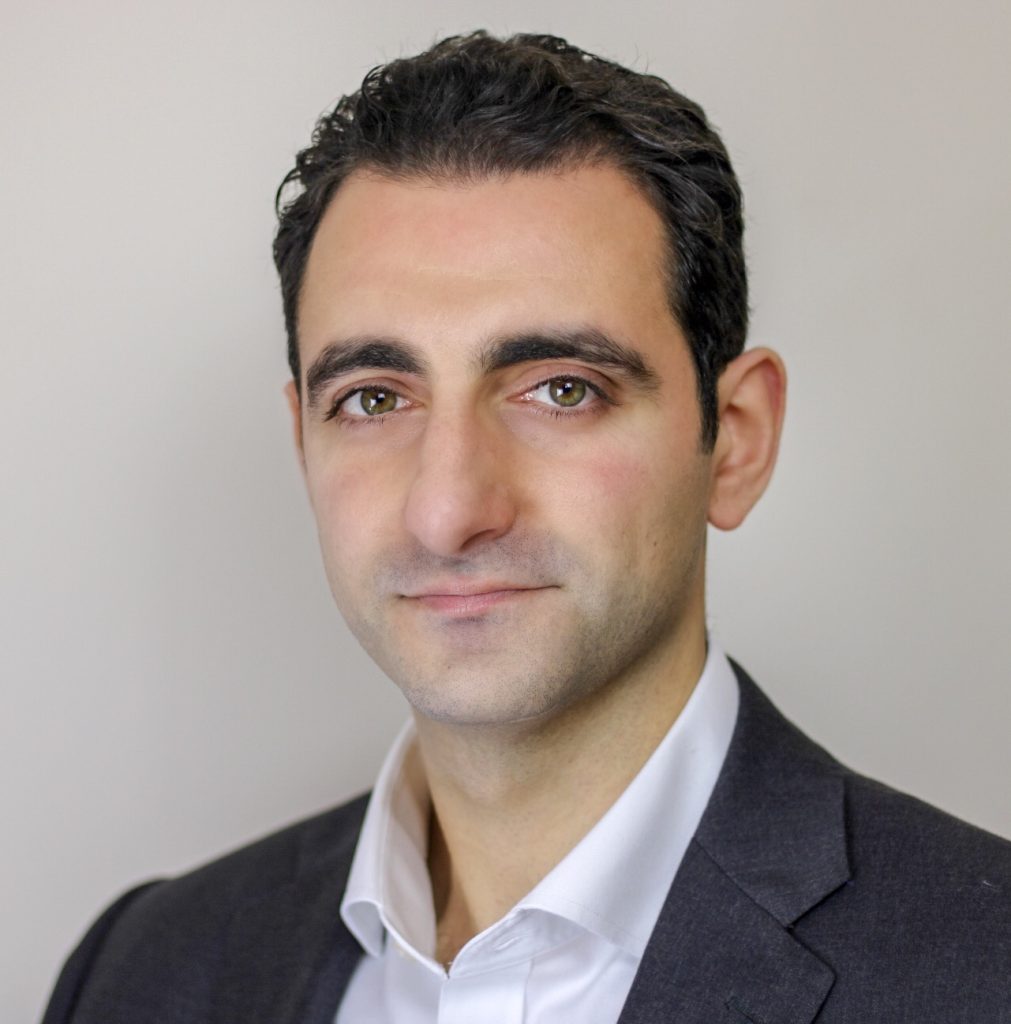Extraordinary Junior Research Fellow in Clinical Sciences Dr Kinan Muhammed has co-founded Neu Health, a University spin-out seeking to improve the care of those with neurodegenerative conditions. We asked him to tell us about the research behind the company and how it can help people.
Please can you tell us a bit about Neu Health and the research behind it?
Neu Health is a health technology spin-out from Oxford University that I co-founded with former CEO of HDRUK Caroline Cake, as well as academic co-founders Dr Siddharth Arora, Prof Michele Hu, and Prof Masud Husain from the Nuffield Department of Clinical Neurosciences.
Our goal at Neu Health is to improve the care of those with neurodegenerative conditions, such as Parkinson’s disease and dementia. Currently, there are no definitive blood tests or imaging methods to track the progression of these conditions, and patients are often only seen by their care team once or twice a year. Existing tests are expensive and can only provide a snapshot of a patient’s disease because they are done at infrequent intervals.
To address this issue, we are developing a digital platform that allows clinicians to assess and monitor disease progression remotely using sensors in personal smartphones. We have created a series of short digital tests that patients can complete at home, which provide reliable measurements of disease progression over time. These smartphone assessments objectively test several physical and cognitive symptoms, and the resulting information can be used in real-time by the clinical team to inform management and improve the quality of care provided to patients.
What role will AI and machine learning play in your work?
Over 1000 participants, including patients with Parkinson’s disease and dementia, have repeatedly completed the smartphone assessments over the past few years. This large dataset has enabled the development of machine learning models, which can forecast several important clinical scores with high accuracy. Typically, obtaining these scores requires a time-consuming face-to-face examination. However, our models can derive the same clinical scores from just a few minutes of remote testing using a smartphone. Since the models were trained on a robust and longitudinal dataset, they can also predict several important clinical outcomes up to 18 months in advance. This enables preventative measures to be implemented, reducing the need for acute patient care in the future.
How important is interdisciplinary collaboration in making progress with treating neurodegenerative diseases?
The nature of neurodegenerative conditions requires multi-disciplinary teams to provide the best patient care. Each team member covers different aspects of patient management. When done in a coordinated way, outcomes and quality of life are significantly better. Unfortunately, our current healthcare system can lead to fragmentation and variability of care depending on where a patient lives. The Neu Health platform addresses this with a live clinician dashboard. All members of the multi-disciplinary team can view and track patient progress remotely and in real time. This ensures that everyone is always up to date with the individual requirements of the patient. We have co-developed the platform in partnership with healthcare professionals who look after patients with neurodegenerative diseases. We also worked directly with patients, carrying out extensive user-testing to ensure we address their actual needs.
We were also fortunate to have Sally Bromley join the team as our lead patient advisor, she was diagnosed with Parkinson’s disease 12 years ago. Sally brings invaluable insights and lived experience, which is key to creating a strong patient voice in the design and development of the tool. Working closely with Sally and others from the Parkinson’s and dementia community is vital for us to create a truly patient-centric platform.
Where can we read more about the research that underpins the approach Neu Health will develop?
We have several peer reviewed publications based on the research behind Neu Health, and more are due to follow later in the year. You can find out more about these and Neu Health via our website: https://neu.health.
What are the next steps for you?
The main reason I went into academic medicine was to develop tools that directly benefit patients with neurological disorders. In the process of working in this field, I realised that the most efficient way to get these tools into the hands of patients is through the spin-out route. Neu Health formed at the beginning of this year, and I have now transitioned into the role of Chief Medical Officer. The position will still involve a lot of academic research and continuous development, so from a research perspective it will accelerate the work I have been doing further. Clinically, I will continue to see patients as a consultant Neurologist in the NHS.




